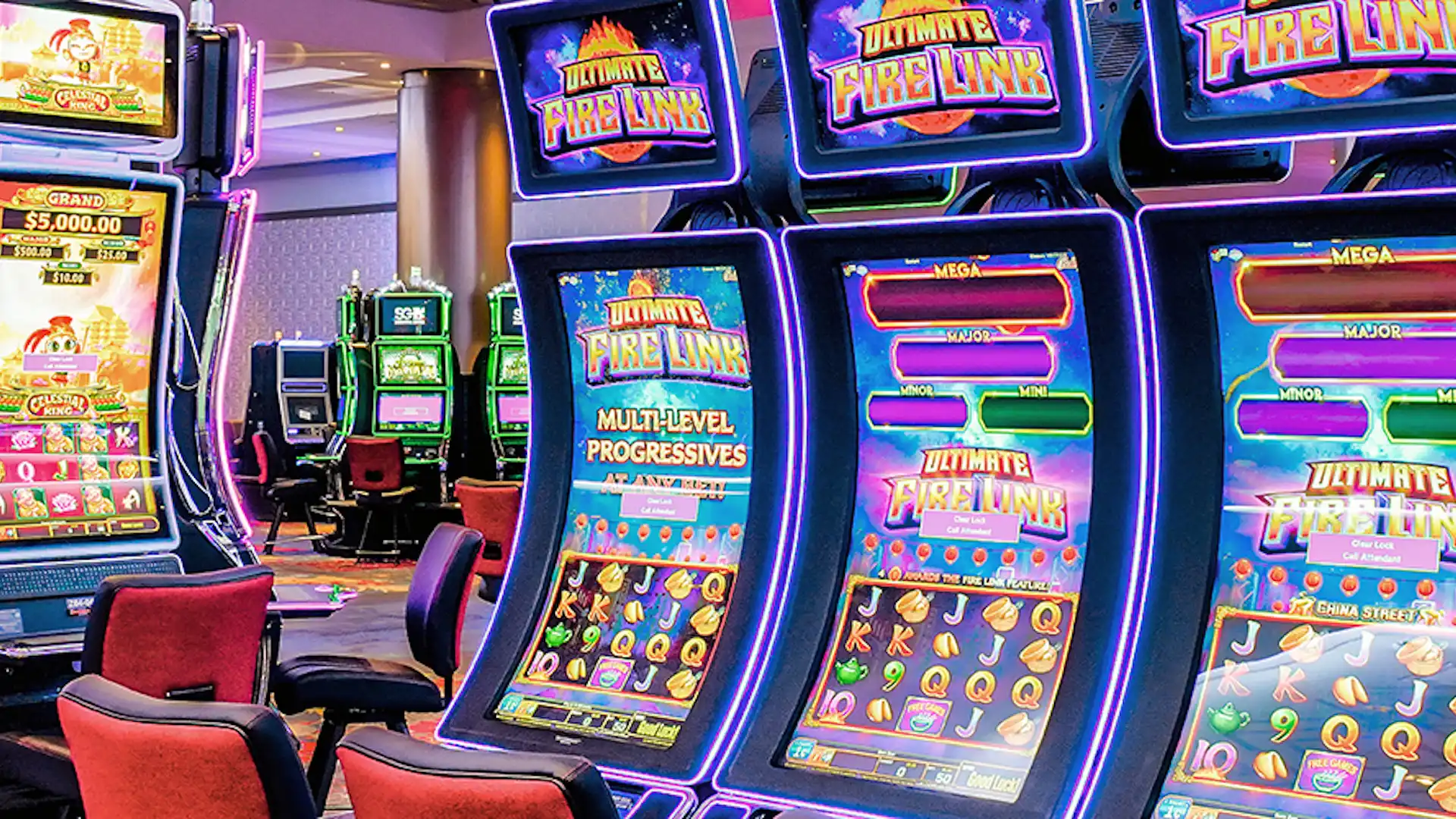
The attraction of gambling games has mesmerized millions around the planet for decades. From the whirling roulette wheel to the sound of shuffling deck of cards, the thrill of chance and talent merges to create an energetic atmosphere that pulls individuals in. These activities are not just hobbies; they have become an valuable part of the entertainment industry, transforming into a universal trend that spans luxurious resorts, dynamic digital gambling spaces, and all that lies in between.
As the demand for unique and immersive adventures keeps to increase, the narratives behind the achievements of gambling games reveal a fascinating environment. Innovators and developers are always stretching the limits of creativity and innovation, leading to the emergence of new entertainments and immersive technologies. Exploring these accounts provides us a glimpse into the effort needed to create a gaming enterprise and the dedication that drives those behind the scenes.
The Development of Gambling Games
Gambling games have a vast history that dates back hundreds of years, with their beginnings often connected with historic rituals and social gatherings. The earliest forms of gambling can be linked back to long-ago China, where dice games were enjoyed, and also to the Roman Empire who enjoyed betting on various events. Over time, these rudimentary forms of entertainment evolved into better organized forms, leading to the creation of games such as baccarat and roulette in the 17th century. These initial casino games laid the groundwork for the industry we witness today.
As the world progressed, so did the sophistication and diversity of casino games. The 19th century marked a significant milestone with the creation of official gambling establishments in locations like Monte Carlo and Las Vegas. This era saw the emergence of well-known games such as poker and blackjack, which captured the imaginations of players around the world. The surge of these games was driven by advancements in game design and the development of betting regulations that rendered the industry more structured and attractive to the general populace.
The digital revolution in the late 20th and early 21st centuries altered the landscape of casino games yet again. The advent of the internet resulted in virtual casinos, enabling users to play their beloved games from the convenience of their homes. This shift not only expanded the reach of gambling options but also introduced new formats like live dealer games and mobile gaming apps. Today, the gambling game landscape continues to develop, with innovative technologies such as virtual reality and blockchain expected to transform the prospects of gambling.
Effective Game Creation Strategies
The foundation of a flourishing casino game empire lies in the development of entertaining and innovative games that enthrall players. A successful strategy requires thorough market research to grasp current trends and player preferences. By reviewing user feedback and observing high-performing titles, developers can identify what appeals with players and what features are in need. Incorporating distinctive themes, multifaceted game mechanics, and aesthetically appealing graphics are vital to differentiate in a competitive landscape.
Teamwork is a further key component of effective game development. Assembling talented designers, programmers, and mathematicians guarantees that games are both visually stunning but also fair in terms of gameplay. Encouraging honest communication among team members nurtures creativity and yields novel concepts. Moreover, engaging with players during the beta testing phase allows developers to gather valuable insights that can enhance gameplay elements before the official launch. 79KING COM
Lastly, impactful marketing strategies cannot be dismissed in building a successful casino game empire. Creating a compelling narrative around the game and utilizing online media platforms to create excitement can greatly impact player acquisition. Offering promotions, loyalty rewards, and participating in community events can further enhance player retention. By integrating strong development practices with smart marketing, game developers can create an engaging experience that keeps players revisiting for more.
The Future of Gambling Gaming
The environment of casino gaming is evolving swiftly, driven by developments in tech and changing consumer tastes. Online and portable gaming is set to dominate the industry as more gamblers seek ease and access. Augmented reality and virtual AR are also integrating into the gambling experience, providing immersive environments that elevate classic gameplay to a different standard. https://79king.training/ As gamblers crave more interactive and engaging experiences, casinos will need to change and evolve to keep their customers engaged.
Additionally, the integration of artificial intelligence and information analysis will play a significant role in defining the future of casino games. Casinos will utilize information to analyze player actions, tailor interactions, and enhance client service. Personalization will become important, as players will expect plays that adjust to their preferences and gaming habits. As the gambling industry utilizes these insights, the creation of novel game types and features will probably arise, keeping the gambling experience new and exciting for all.
Moreover, the trend towards safe gaming is becoming increasingly significant. As authorities and consumers focus more on player welfare, casinos will need to introduce measures that promote safe gaming practices. This could include features that allow gamblers to set limits on their spending and playtime, as well as improved resources for those who may be dealing with gaming issues. By focusing on responsible gaming, casinos can establish trust with their customers and ensure a viable future in the challenging environment of gambling gaming.

